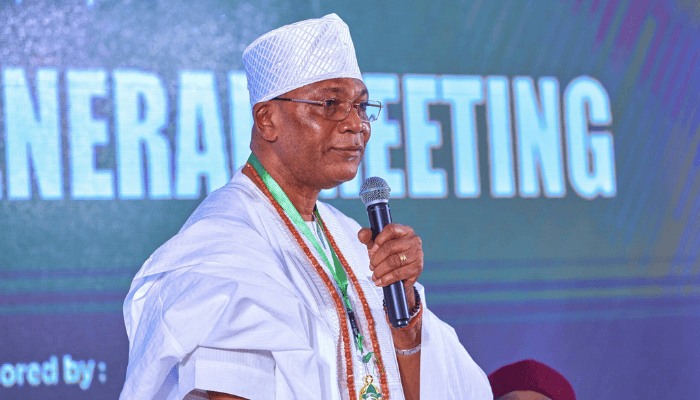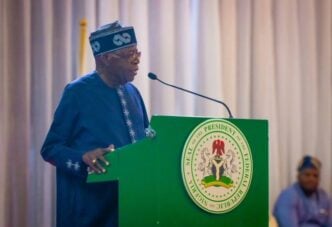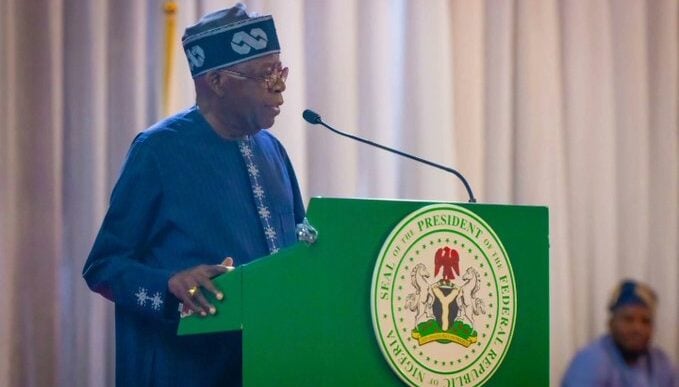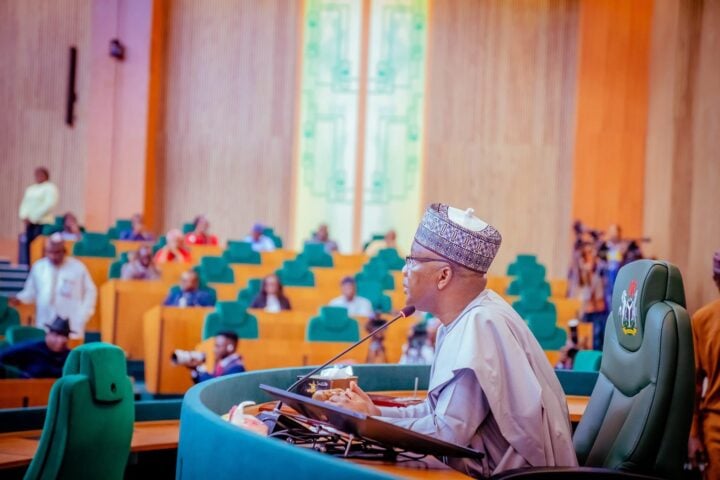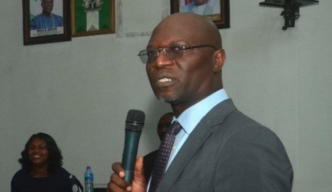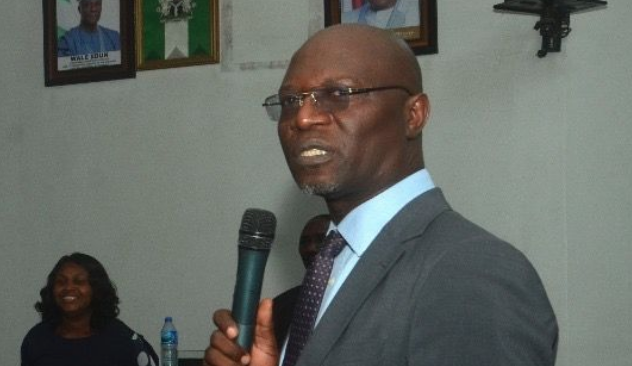Francis Meshioye, president of the Manufacturers Association of Nigeria (MAN), says collaboration is vital to achieving energy security for local producers.
Meshioye spoke on power supply adequacy for industrial growth on Tuesday at the manufacturers’ energy security summit in Lagos.
The MAN president called for collaborative strategies on cutting-edge technologies, policy frameworks, and financing models to support the country’s transition to a sustainable and sufficient energy supply.
This, he said, is necessary for the industrial sector to contribute more significantly to the country’s gross domestic product (GDP).
Advertisement
Meshioye, who described electricity as a national priority, said unreliable power supply, high energy costs, and environmental issues are key challenges in the manufacturing sector.
He, however, said these challenges also present opportunities for innovation, job creation, and sustainable growth.
“In shaping the future of manufacturing in Nigeria, let us work together to foster collaboration and knowledge sharing and identify innovative solutions to accelerate the journey towards energy security for manufacturers,” Meshioye said.
Advertisement
“We must promote sustainable manufacturing practices and support policy reforms that encourage investment in renewable energy to help reduce energy cost.”
‘ELECTRICITY ESSENTIAL FOR ECONOMIC GROWTH BUT REQUIRES LONG-TERM INVESTMENTS’
Also speaking, Sanusi Garba, chairman of the Nigerian Electricity Regulatory Commission (NERC), said electricity is essential for industrialisation and economic growth but requires long-term investments.
Represented by Musiliu Oseni, vice-chairman of NERC, Garba said the Electricity Act of 2023 lays the foundation for improving the country’s power sector.
Advertisement
He cautioned implementation of the regulations alone would not bring the desired improvements without addressing fundamental issues.
The NERC boss acknowledged that the power sector currently faces challenges in meeting customers’ expectations, stressing the need for significant patient capital to ensure a sustainable supply.
“Powering the Nigerian economy requires huge investments but resources are limited hence the need for a deliberate policy approach,” Garba said.
“Nigeria needs a powering industry policy that deliberately seeks to improve power supply to industrial clusters supported by existing regulatory instruments.”
Advertisement
‘NIGERIA SHOULD SECURE CONSISTENT GAS SUPPLY CONTRACTS’
Sunday Oduntan, managing director, Association of Nigerian Electricity Distributors, said no country can succeed without manufacturing as the foundation of its development.
Advertisement
Oduntan said Nigeria’s power supply is heavily reliant on gas, with frequent disruptions hindering diversification and sustainability.
The managing director advocated for the diversification of energy sources, suggesting a shift to wind, hydro, and increased investment in other energy sources to reduce the country’s dependence on fossil fuels.
Advertisement
“Nigeria should secure consistent gas supply contracts and incentivise local gas production for power,” he said.
“Also, electricity tariffs are often below cost-reflective levels, leading to financial losses for distribution companies and limiting investment in the sector.
Advertisement
“The solution is to gradually adjust tariffs to reflect actual supply costs, combined with subsidies or targeted aid for low-income households.”
On his part, Matthew Edevbie, the group managing director of Income Electrix Limited, said the high cost of infrastructure required for power sector’s development suggests that the problem may not be resolved in the short term.
Edevbie said large and expensive diesel generators were being used making the need for cheap and reliable energy for industrial growth a necessity.
He said by optimising energy sources, using energy-efficient practices, and employing low-energy-consuming equipment, manufacturers could reduce their overall energy costs by 60 percent or more.
“Nigeria incurs approximately $26 billion in economic losses annually due to electricity shortages and businesses spend an additional $22 billion on off grid fuel solutions to mitigate the effects of power outages,” Edevbie said.
He, therefore, stressed the need to improve power supply to “save the manufacturing sector as doing so will have many positive effects on the economy”.
Add a comment
